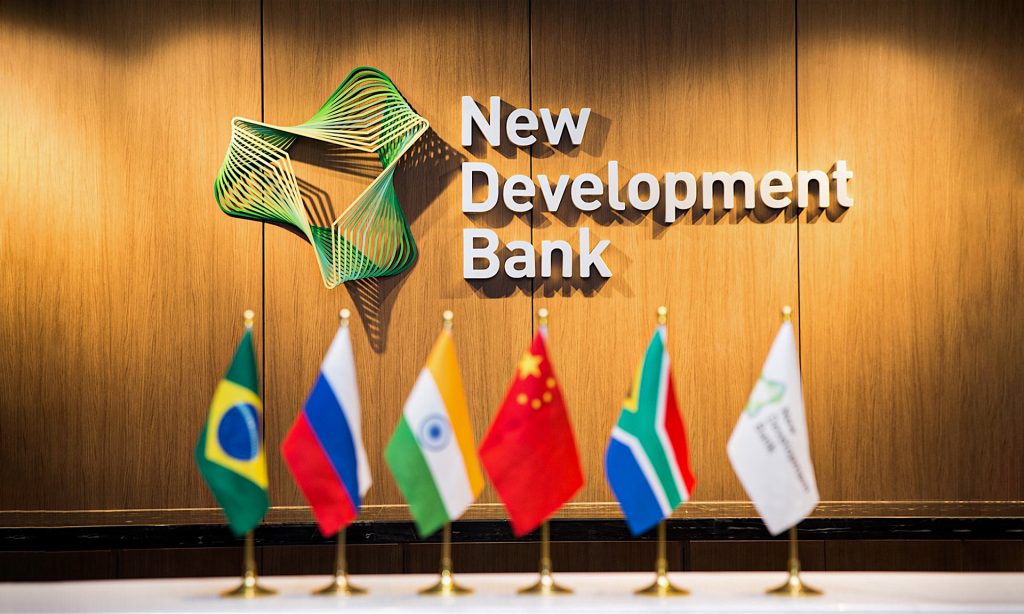
The case of the New Development Bank
The New Development Bank (NBD) was created in 2014 by five emerging economies, Brazil, Russia, India, China and South Africa, with the aim of financing development and infrastructure projects in member countries. It is the first global bank of its kind created by emerging economies and seeks to increase financial cooperation and investment among member nations.. Management of the NBD is divided equally between its founding members., that each one holds 20% of the institution. The bank focuses on alternative financing options to institutions such as the World Bank and International Monetary Fund (IMF). since its inception, the NBD has approved several infrastructure projects in member countries, with a focus on transport and alternative energy.
In 2020 the Brazilian Marcos Troyjo took over as president, nominated by then-president Jair Bolsonaro, with mantle expected up to 2025. Toryjo was Special Secretary for Foreign Trade at the Ministry of Economy during Bolsonaro’s term.. When Lula assumed the presidency of Brazil, there was a lot of pressure for Troyjo to resign. The main accusation that was made is that Troyjo spent more time in Brazil than at the Bank's headquarters, located in Shanghai/China. It was understood, So, that there has been a dereliction of their responsibilities.
After a period of great pressure, Troyjo ended up leaving and the Lula government nominated former president Dilma Rousseff in March of this year. (2023). The interruption of Troyjo's mandate clearly shows political interference in the appointment and maintenance of support for the leadership of international organizations.
This pattern is repeated elsewhere., not being something exclusive to NBD or Brazil.
The case of the Inter-American Development Bank
The Inter-American Development Bank (BID) It is an international financial organization whose objective is to promote the economic and social development of Latin American and Caribbean countries.. The IDB was founded in 1959 and is currently composed of 48 member countries, including Latin American countries, from the caribbean, from north america, from Europe and Asia.
The IDB offers loans, guarantees and technical assistance for projects in areas such as infrastructure, urban Development, energy, environment, education, health and governance. Besides that, the IDB also works to promote regional integration and cooperation among member countries.
One of the main characteristics of the IDB is its integrated approach to development, which involves dialogue with stakeholders, policy analysis and coordination of efforts with other organizations and development agencies. The IDB also promotes innovation and technology as tools for sustainable development in the region..
Given the importance of the IDB, the role played by its president is particularly important. He can direct the priorities, which turns out to have a great influence on the countries that depend on its loans.
In an atypical move for this type of institution, in september 2022, the then president of the IDB, the American Mauricio Claver-Carone, was dismissed from the mandate he had until 2025. According to news at the time, the reason attributed to his dismissal was an affair he had with one of his subordinates.
On the other hand, It is important to note that the appointment of Claver-Carone was made by then-President Donald Trump., with whom they maintain close relationships. When the IDB decided to fire him, the Treasury Department released a note in which it stated that it supported the shutdown. Interesting to note that, at this time, the US president was already Joe Biden.
Regardless of what the actual reason for the shutdown might be, the question of political support is fundamental. Countries tend to use international organizations to promote their interests and positions. The problem is that this puts an end to the necessary search for neutrality on the part of these organizations.
